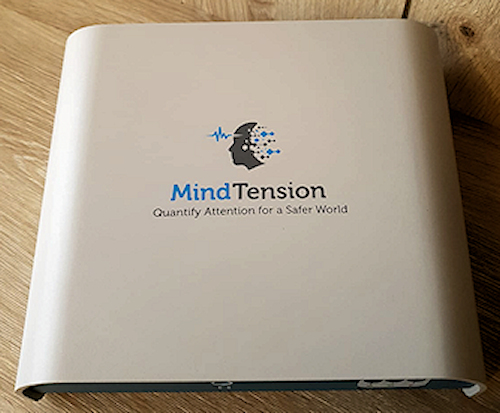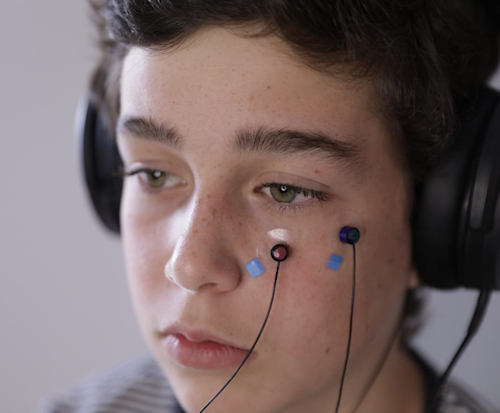 Why Can’t I Focus?
Why Can’t I Focus?
According to the World Health Organization (WHO), ADHD affects around 5% of children and 2.5% of adults worldwide and these numbers are likely low given underreporting[1]. In the US, almost 10% of children[2] and 2.6% of adults are diagnosed[3]. Current ADHD diagnostic practices rely on a clinician’s integration of various forms of subjective information based on DSM-5 criteria. This leads to diagnostic uncertainty, delay, & lack of treatment inaccuracy, causing suffering and unnecessary costs for the patient, their family, the medical system, insurers, and society at large.
How is ADHD diagnosed today?
The standard diagnostic toolkit for clinicians includes:
- Direct observation,
- Questionnaires (incl. ASRS, Vanderbilt, and Conners); and
- Computerized tests
The issue with computerized tests
Current computerized tests on the market, which are designed to assist with diagnosis, have proved to be inadequate, unwieldy, complex, and subjective. Such tests typically mainly focus on analysing voluntary reactions to visual stimuli, involve complex brain circuitry, and are minimally used (in the US for example) as part of the standard testing procedure due to cost, complexity, and reduced accuracy. This is confirmed by our own recent in-depth US market survey which revealed that only 10% of patients in the US who are evaluated for ADHD by a clinician undergo a computerized test to confirm diagnosis.
Underdiagnosed or Overdiagnosed?
 The answer is both. In addition, ADHD is often undertreated and overtreated. The ability to assess it correctly and then titrate treatment is one of the most difficult aspects of the illness. The financial and emotional costs impact the entire mental health ecosystem affecting Payers, Providers, Patients, Governments, and Employers.
The answer is both. In addition, ADHD is often undertreated and overtreated. The ability to assess it correctly and then titrate treatment is one of the most difficult aspects of the illness. The financial and emotional costs impact the entire mental health ecosystem affecting Payers, Providers, Patients, Governments, and Employers.
Precision Medicine of the Future
We have developed a solution that will enable clinicians to assess, diagnose, and treat ADHD in a more efficient and precise manner. Our proprietary algorithm will enable us to quantify attention levels in a reflexive and objective manner. We will do this by using auditory stimuli to stimulate the brain stem via our device. We will then use our algorithm to observe this reflexive response by tracking micro-movements of the orbicularis muscle, which will enable us to accurately measure attention. This objective reflexive approach is unprecedented, will ramp up early detection, and open up many new markets drastically changing the way ADHD is diagnosed and treated.
Our vision is to create a scalable ubiquitous solution that can be used anywhere, for anyone, at any time.
 |
 |
Differential and Precise
One of the unique features of our algorithm is that it is also able to quantify Emotional Dysregulation, an aspect of ADHD that manifests as an inability to regulate emotions. This is often overlooked and requires its own treatment protocol.
[1] https://www.goldenstepsaba.com/resources/adhd-statistics
[2] Data and Statistics About ADHD | CDC
[3] https://binged.it/3FJsqc5
